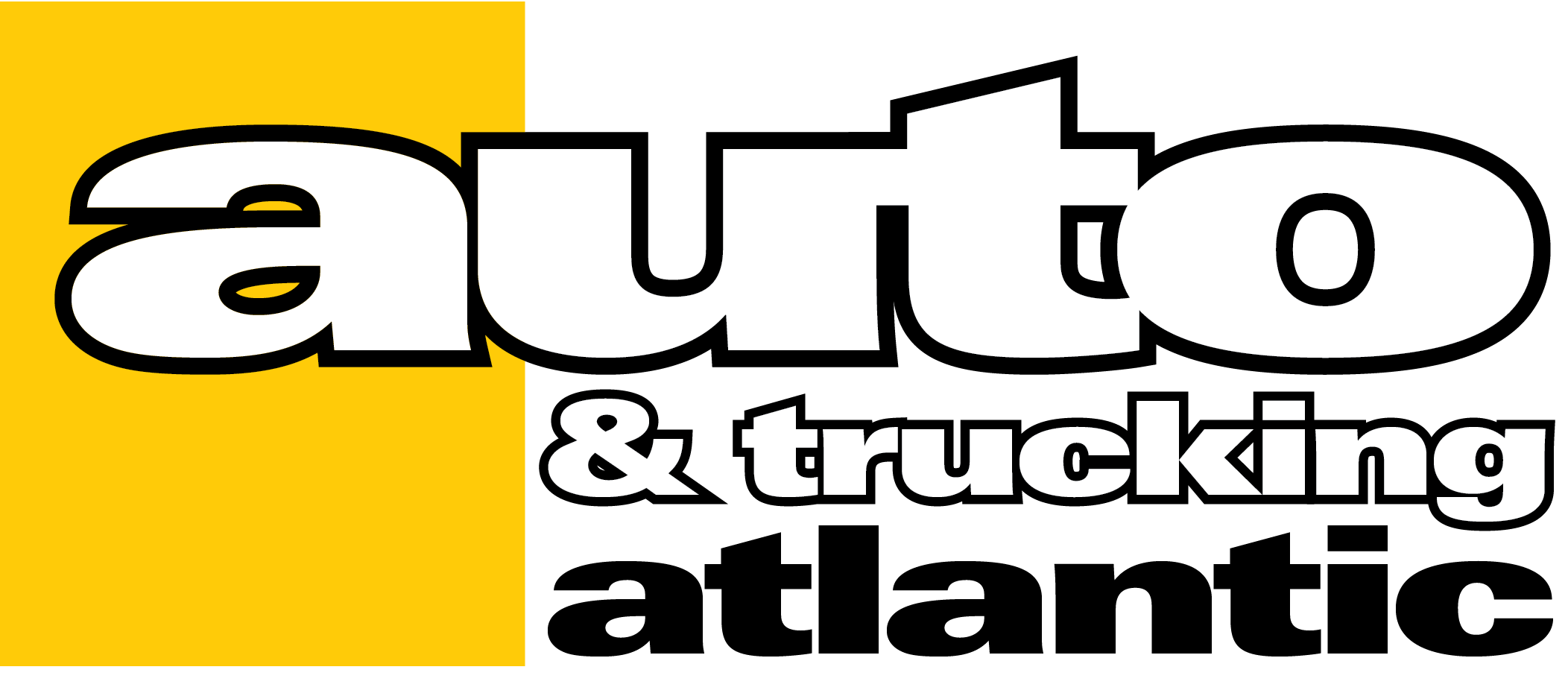Soft Skills, Hard Choices
What will the future of work look like, what skills will be needed and just what the heck are soft skills anyway?
By Carter Hammett
In a world driven by STEM and outcome measurements, it becomes easy to sometimes neglect the quiet murmurs of softer skills.
Whether you’re a mechanic, a sales person, an apprentice or a parts guy, soft skills are in high demand—and will be in even higher future demand–by employers.
Let’s clear up a couple of things first. Just what exactly are soft skills? For the uninitiated, soft skills are qualities that are an inherent part of you, that you’ll take with you from job to job, no matter what your profession. This can include things like good communication skills, being a team player, being a catalyst, being a critical thinker or a problem solver.
Hard skills, on the other hand are always learned, measurable and demonstrated. So, if you drive, speak another language, know first aid or drive a car, you have hard skills.
Unfortunately these tend to be the skills employers tend to value the most and use to measure success. But employers are waking up to the fact that it’s important to have skill sets that emphasize collaboration and problem solving. These become the foundation for organizational impact.
Soft skills will vary according to industry, jobs, labour market information and changing trends. According to Careers in Automotive and Transportation Industries (cati.ca) four of the most important soft skills for auto mechanics, include customer service, organization, problem solving and team work.
Mechanics need to be able to interact with a wide diversity of customers, understand the problem that’s being identified and relay potential solutions in a manner that’s both timely and professional. Organization becomes important as a framework for health and safety. This skill set also helps mechanics prioritize and manage competing priorities. Problem solving abilities meanwhile enable mechanics to identify issues and solutions, understand your client’s emotional investment in the problem and work with efficiency. Finally, teamwork is critical for success in the mechanical field as it permits collaboration with others to reach a desired end.
Oddly enough the soft skill absent from this list and valued most by employers is communication. According to Forbes Magazine, communication is valued for a number of reasons. It’s essential for creating strong relationships with customers but also enables stakeholders to understand the needs of others while providing meaningful feedback. Communication skills take many different forms, including: active listening, cross-cultural communication, nonverbal communication, public speaking and presentation skills. This is perhaps the one skill most frequently sited by employers in performance reviews.
If someone were to tell you that soft skills are all in your head, they’d be right. Another name for soft skills are executive functions and these skills sets reside in the prefrontal cortex of the human brain. They house, among other things stress and time management, working memory, decision making, planning, organization, priority setting, multitasking and logic among many others. Executive functions got their name their name because many of these skills were deemed necessary for success in the workplace.
Skills for success
Perhaps recognizing this the federal government recently introduced an updated version of their Skills for Success model.
Designed by Employment and Social Development Canada, the model identifies nine skills considered essential for success in today’s labour market. It’s interesting to note that of the skills identified, four of these—continuous learning, working with others, oral communication and thinking—are considered “soft.” Three (reading, writing and numeracy) have never changed, while document use and digital skills are fairly recent additions.
Under the new model, communication includes non verbal communication and tonal, whereas “creativity and innovation” and adaptability are new additions, emphasizing the growing recognition of soft skills. Collaboration includes diversity in all its forms while Thinking skills includes critical thinking and problem solving.
Future skills
That model will change again, because it must. As futurists gaze into their crystal balls and try to look at societal and market changes, different skills will be needed to adapt and grow in response to market demand but also for self preservation. While it’s difficult to predict exactly which skills will come to the forefront, it’s interesting to see the ones identified by Indeed.com
The authors imply that along with helping you in career development the skills identified by Indeed can help you improve team work, adaptability, and bring additional value to companies that hire you among other benefits.
The skills they identify are: active learning, analytical thinking, complex problem solving, communication, cognitive flexibility, digital literacy, emotional intelligence, leadership, interpersonal skills, initiative, creativity, technical design and self-management.
Quite different from the Skills for Success model isn’t it?
What’s notable as well, is that, with the exception of technical design aptitude and digital literacy, virtually every skill on the list can be considered “soft.” That’s a pretty big deal and something to think about as you consider future careers or lateral transfers for yourself. The other notable theme on this list is that virtually all of these skills transcend industry. In other words they will be in demand to varying degrees across the board.
Cognitive flexibility allows you to multitask and adapt to different environments. People with these skills have strong observation and comprehension competencies and jump into new situations in order to achieve company goals.
Something specific to the automotive industry could be, for example, complex problem solving. People who excel in this area will be able to quickly gather and analyze data and identify a solution. Given that most cars are essentially smart phones on wheels, this could be extremely important in the future.
You can see that the onus will be on workers to commit to ongoing learning and continuous improvement. That can put a lot of pressure on someone who’s not even sure what career they want to consider. But breaking things down and seeing—and owning—what skills you have to offer and recognizing that they have value, can help you in the long run.


